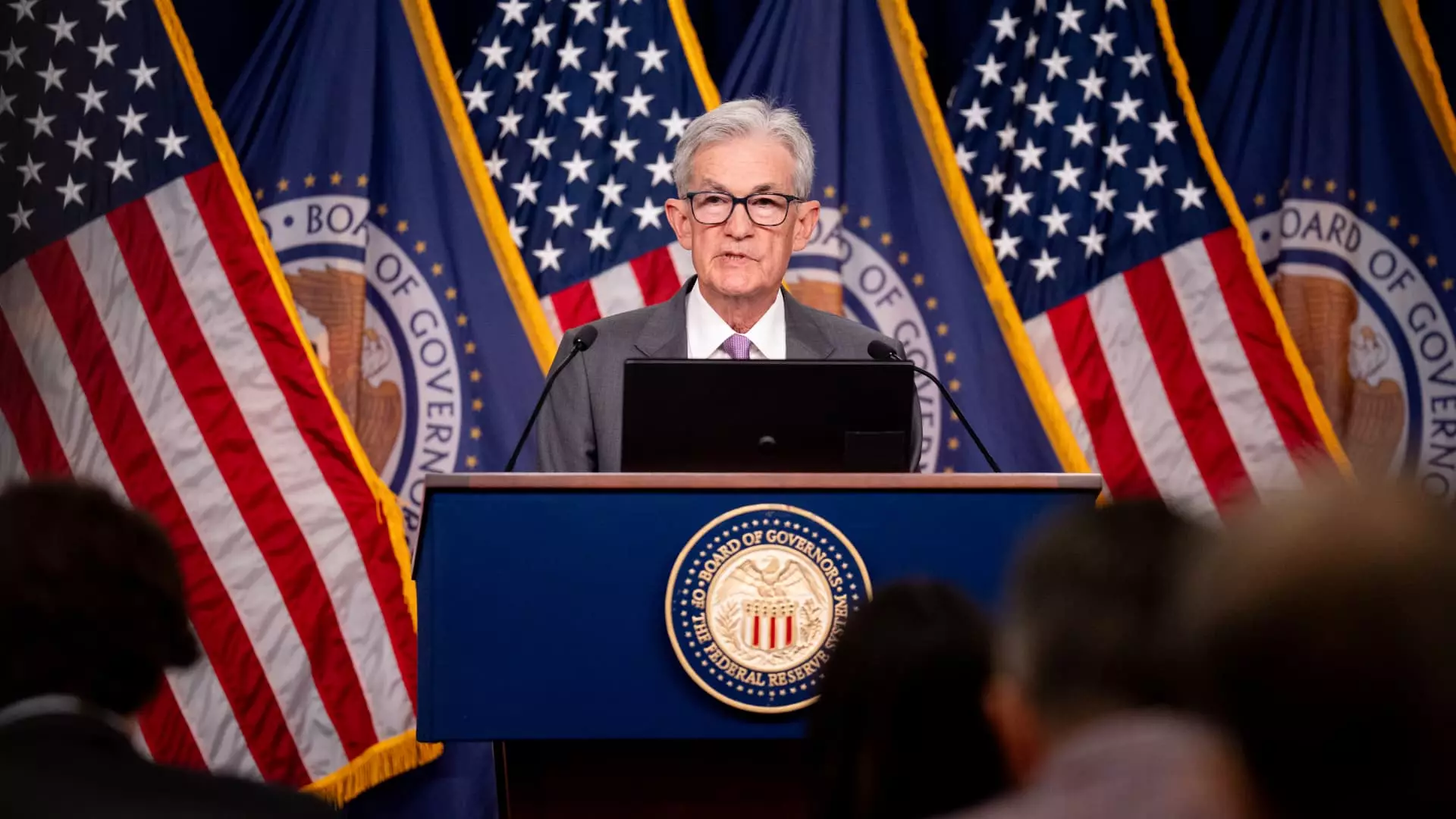As per the insights provided by British fund manager abdrn, there are concerns regarding the trajectory of the U.S. economy in 2025. Kenneth Akintewe, the head of Asian sovereign debt at abdrn, has raised doubts about the approach of the Federal Reserve. He has pointed out that there could be a risk of a prolonged slowdown and questioned whether the Fed is unknowingly making policy mistakes that could exacerbate the situation. Akintewe’s reservations are based on revised economic data, especially related to non-farm payrolls, which paint a less optimistic picture of the economy than initially perceived.
The U.S. Labor Department’s revelations in August about the revised job creation numbers have added fuel to the debate. It was disclosed that the economy had actually added 818,000 fewer jobs than originally reported from April 2023 to March 2024. This substantial discrepancy in the figures indicates that the economic growth might have been significantly lower than what was previously believed. Akintewe’s concerns stem from the realization that the Fed’s policies, particularly in terms of interest rate adjustments, might not be adequately aligned with the true economic conditions.
One critical aspect highlighted by Akintewe is the timing of policy changes by the Federal Reserve. He emphasized that the effects of any adjustments take time to permeate through the economy. Therefore, if the current economic indicators are indeed signaling a weaker state of affairs than what is being projected, there might be a lag in the transmission of any necessary stimulus. Akintewe suggested that a substantial easing, potentially in the range of 150 to 200 basis points, might be required to rectify the situation. However, he cautioned that even if such measures are implemented, it could take several months for the full impact to be felt.
Akintewe also drew attention to the discrepancy between the prevailing policy rate and the current inflation rate in the U.S. With inflation hovering around 2.5%, he questioned the rationale behind a policy rate of 5.5%. He argued that maintaining a real policy rate of 300 basis points in the current economic climate, rife with uncertainties, might not be the most prudent approach. The focus on anticipating the magnitude of potential rate cuts, according to Akintewe, might be overshadowing the fundamental question of the appropriateness of the existing policy stance.
The data reflecting the personal consumption expenditures (PCE) price index in the U.S. indicated a modest increase, aligning with the expectations. This data, coupled with market sentiments, has implications for the anticipated rate cuts by the Federal Reserve. The probability of a 25-basis-point cut being favored over a 50-basis-point cut in the upcoming Fed meeting showcases a cautious approach towards policy adjustments. This cautiousness might be a response to the uncertainties surrounding the economic outlook and the need for a finely calibrated intervention that balances growth concerns with inflationary pressures.
The insights shared by Kenneth Akintewe from abdrn shed light on the intricate challenges facing the U.S. economy and the Federal Reserve’s policy decisions. The discrepancies in economic data, coupled with the uncertainties in the global economic landscape, warrant a thorough reevaluation of the existing policy approach. As we navigate through the complexities of economic dynamics, a critical assessment of the prevailing conditions and proactive adjustments in policy measures might be essential to avert a potentially prolonged economic slowdown.

